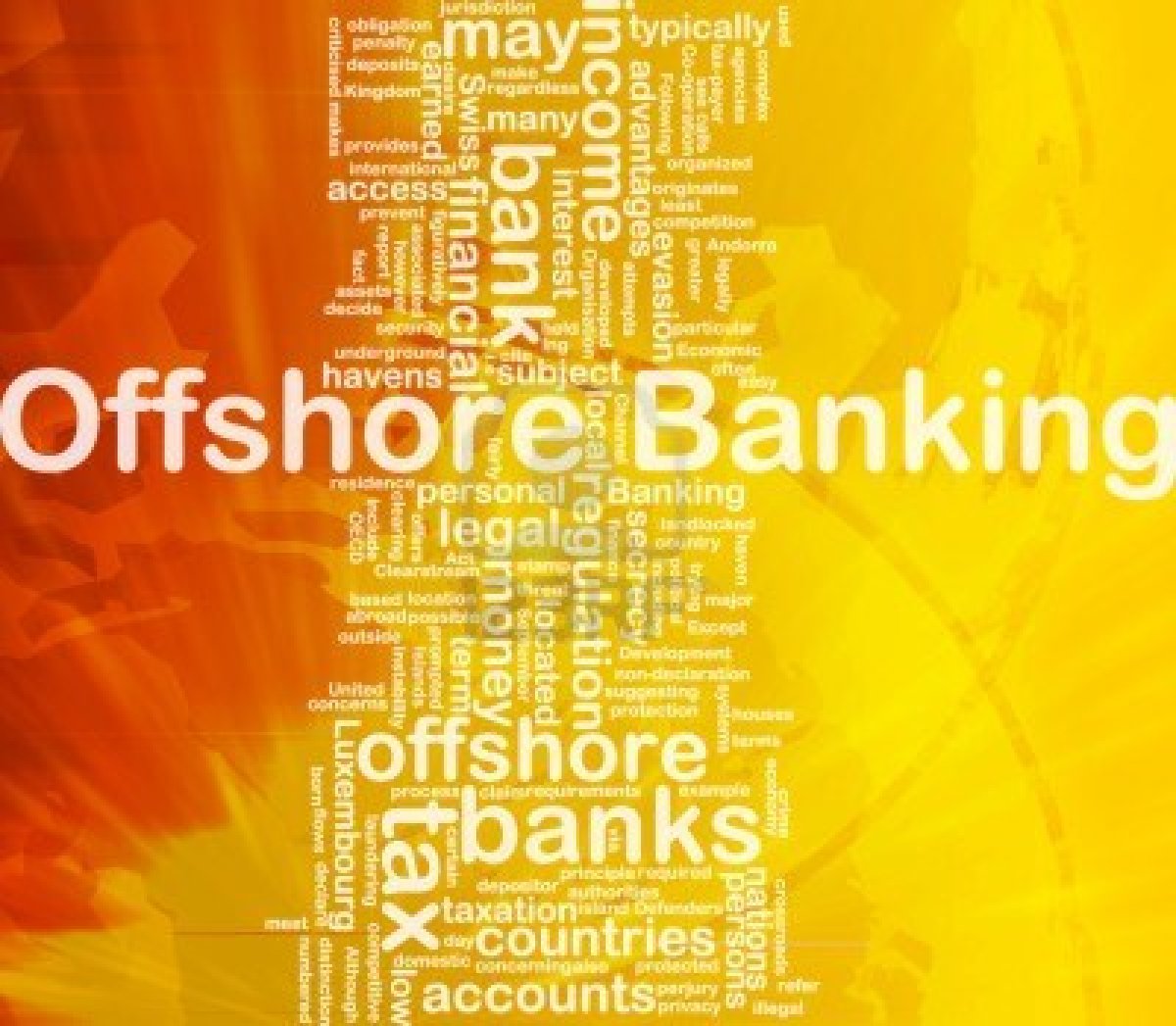Offshore Banking Made Convenient with Complete Services for Global Investors.
Offshore Financial: A Smart Remedy for Expanding Your Properties
Offshore banking provides a nuanced strategy to asset diversity, offering people a means to browse the complexities of global money. As we check out these aspects, the concern develops: what are the essential factors to think about when choosing an overseas financial service?

Understanding Offshore Banking
Although overseas financial is commonly connected with riches administration and tax obligation optimization, it fundamentally refers to the method of holding an account or investing in a financial institution situated outside one's nation of home. This method permits people and businesses to access a variety of monetary solutions that might not be readily available domestically. Offshore banks are commonly developed in territories with favorable regulatory atmospheres, using improved personal privacy and security for account holders.
The concept of offshore banking can encompass different monetary products, consisting of cost savings accounts, investment accounts, and even funding facilities, all developed to deal with worldwide clients. Offshore banks commonly supply solutions in several currencies, enabling clients to handle their properties better in a globalized economic situation.
In addition, the governing structure regulating offshore financial differs dramatically from one territory to one more, typically identified by lower conformity requirements and higher confidentiality for account owners. While offshore banking can be a legitimate economic method, it is necessary for individuals and businesses to recognize the legal ramifications and responsibilities associated with keeping accounts abroad. Understanding of local laws and worldwide agreements is critical for making sure compliance and avoiding possible mistakes.
Advantages of Offshore Accounts

Furthermore, offshore accounts commonly provide access to a wider selection of investment chances that may not be readily available domestically. offshore banking. These accounts can include a range of economic tools, such as international stocks, bonds, and mutual funds, allowing account holders to tailor their investment approaches according to their risk tolerance and financial goals
One more considerable benefit is the potential for tax obligation optimization. While tax obligation laws differ by jurisdiction, some offshore accounts might use positive tax therapy, making it possible for people and services to enhance their after-tax returns legally.
In addition, overseas banking establishments commonly utilize sophisticated privacy measures, guarding account owners' financial details. This added layer of confidentiality can be interesting those seeking discernment in their monetary affairs. On the whole, the benefits of offshore accounts add to more robust monetary planning and monitoring methods.
Asset Defense Techniques
One effective technique to safeguarding wide range involves applying robust property security strategies. These methods are essential for people seeking to protect their properties from potential threats such as lawsuits, financial institutions, or financial instability.

Integrating restricted obligation entities, such as offshore companies or limited obligation business (LLCs), can likewise offer a protective layer. These structures assist shield personal possessions from company obligations, making sure that personal wealth remains safe in case of business-related lawful problems.
Furthermore, expanding financial investments throughout different asset classes and geographical areas can mitigate danger. This method lowers exposure to any kind of single economic downturn, boosting general monetary stability. offshore banking. By using these possession protection strategies, people can properly safeguard their wide range, ensuring it remains undamaged for future generations while navigating potential economic difficulties
Tax Obligation Advantages and Considerations
Implementing reliable possession defense methods commonly leads individuals to take into consideration the tax benefits official site related to overseas banking. By opening up an offshore account, customers may gain from beneficial tax obligation programs supplied by certain territories. Many nations provide tax obligation incentives, consisting of reduced or no taxes on rate of interest and funding gains, which can substantially enhance wide range accumulation.
Additionally, overseas banking can assist in tax-efficient investing with varied property classes and money, permitting account holders to enhance their profiles. However, it is vital to understand that while some offshore territories offer tax obligation advantages, conformity with international tax regulations, consisting of the Foreign Account Tax Compliance Act (FATCA), is compulsory. Failing to report overseas accounts can result in severe penalties.
Furthermore, the assumption of overseas financial as a tax obligation evasion technique can lead to reputational risks. For that reason, individuals need to guarantee their overseas tasks are transparent and lawfully certified. Consulting with tax professionals that concentrate on international finance is vital for navigating these complexities and making best use of potential advantages while decreasing responsibilities. Eventually, while offshore banking can supply considerable tax advantages, mindful preparation and adherence to guidelines are important to enjoying these benefits responsibly.
Selecting the Right Offshore Bank
Picking the ideal offshore financial institution is a crucial decision that can dramatically affect your financial method and asset defense. When thinking about an offshore financial institution, it is vital to assess numerous essential factors, including the financial institution's track record, regulatory atmosphere, and the solutions used.
First, conduct thorough try this out research study on the bank's standing in the market. Seek organizations with a tried and tested record of security and safety. Governing compliance is an additional important facet; guarantee the financial institution complies with worldwide requirements and runs within a respectable territory.
Additionally, examine the variety of services supplied. Some financial institutions may focus on riches monitoring, while others focus on offering fundamental financial solutions. Consider your personal or organization needs and choose a financial institution that straightens with your economic goals.
Another vital variable is accessibility. Examine the simplicity of communication with the bank, including language assistance and client service accessibility. Consider the fees associated with account maintenance and transactions, as these can vary considerably between institutions.
Conclusion
In conclusion, offshore banking provides a practical method for asset diversity, supplying many advantages such as improved financial safety and accessibility to a bigger range of investment chances. The consolidation of reliable possession protection methods and potential tax obligation advantages further emphasizes the appeal of offshore accounts.